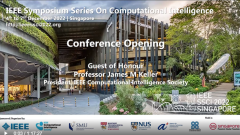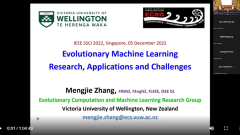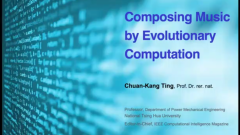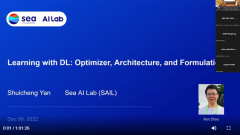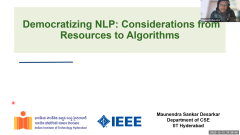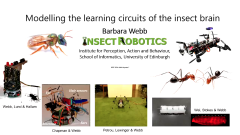SSCI2022 - Plenary Talk 5 - Lifelong Learning on the Edge with Adaptive Resonance Theory and Incremental Cluster Validity Indices
SSCI2022 Plenary Talk 5: Lifelong Learning on the Edge with Adaptive Resonance Theory and Incremental Cluster Validity Indices, given by Professor Donald C. Wunsch II from Missouri University of Science and Technology.
Adaptive Resonance Theory is a natural fit for lifelong learning. It is developed specifically for one of the major goals of lifelong learning, to avoid catastrophic forgetting. Several other advantages can be leveraged, particularly low computational complexity, small memory footprint, and local computations. This makes it ideal for edge computing. Meanwhile, the field of clustering is being transformed by the adoption of incremental cluster validity indices. This improvement in the assessment of clustering quality is a dominant solution in that it is the only way to measure quality in real-time but is also superior when used offline. The technique is therefore recommended regardless of what clustering method is used. It is particularly attractive in combination with Adaptive Resonance Theory, because its reset mechanism can be paired with cluster quality measures to change clustering decisions in real-time. Several recent results on this topic will be presented and shared resources will be described.
SSCI2022 Plenary Talk 5: Lifelong Learning on the Edge with Adaptive Resonance Theory and Incremental Cluster Validity Indices, given by Professor Donald C. Wunsch II from Missouri University of Science and Technology.
 Cart
Cart Create Account
Create Account Sign In
Sign In
